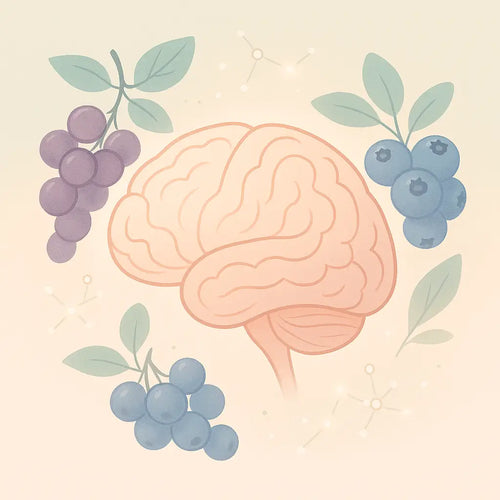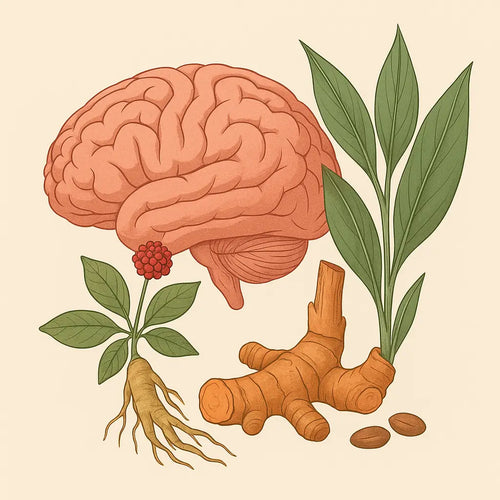
At certain times we have to deal with more pathogens like viruses and bacteria, but there will
always be challenges to handle.
The best way to confront that is to be prepared by implementing habits that will make both the
body and mind resilient.
When we take a closer look at why we get sick, and also why we develop chronic conditions,
the major reasons are much the same with some variation of course.
A major health problem today is insulin resistance.
According to the CDC and the National Diabetes Statistics Report, a total of 34.2 million people
have diabetes in the US.
The reason for type 2 diabetes is insulin resistance.
A total of 88 million people aged 18 years or older have prediabetes, that’s 34.5% of the adult
US population.
People with prediabetes are insulin resistant, but they are not so insulin resistant that they are
diagnosed with diabetes.
Insulin transfers blood glucose into the cells where it can be used for energy.
When the receptors on the cells are exposed to high levels of glucose and insulin for a period of
time, they will get less sensitive to insulin. The result is that the insulin will not be able to
transfer the glucose into the cells as efficiently as before.
This causes free radical damage and inflammation.
The following research has shown that high glycemic index food will with time increase
inflammatory markers CRP, IL-6, and TNF-alpha (Phillips CM, et al., 2018).
The same study also found that high glycemic index food increased LDL ( high density
lipoprotein), a major cardiovascular risk factor.
In addition, advanced glycation end products, formed during hyperglycemia (high blood
glucose), cause inflammation and endothelial damage (de Vries MA, et al., 2014).
Advanced glycation end products are formed when glucose reacts with protein, causing tissue
damage and then inflammation.
It is very important to have an appropriate immune response when exposed to a virus
like COVID-19.
New research is documenting why it is very important to avoid huge surges in blood glucose.
There are at least two reasons why hyperglycemia can be very dangerous during the
SARS-CoV-2 infection (Ceriello A.,2020).
One is that an acute increase in blood glucose is accompanied by a huge increase of
inflammatory mediators.
This author also says knowing the role of the “cytokines storm” in the COVID-19, this is an effect
that must be avoided.
Too much of an inflammatory response is often what leads to death because of massive tissue
damage.
Another reason that seems to be specific for COVID-19 is related to the binding of the virus to a
cell receptor. Glycosylation of the receptor induced by hyperglycemia is needed for the linkage
of the virus to this cellular receptor.
This is what researchers of a new study from China found (Zhu L, et al., 2020).
Well-controlled blood glucose was associated with markedly lower mortality, compared to
individuals with poorly controlled blood glucose. These findings provide clinical evidence
correlating improved glycemic control with better outcomes in patients with COVID-19 and
pre-existing type 2 diabetes.
There are several factors affecting blood glucose control. 4 of the most important ones are the
the food we eat, it should be high nutrient, low glycemic index food.
Physical activity, exercise helps transfer glucose from the blood into the cells.
Not enough sleep will adversely affect the circadian rhythm and make us less insulin sensitive.
Get between 7-8 hours.
Stress will also increase blood glucose. Stay in a good state of mind. Several things can help
you do that, meditation is one.
An easy way to help keep blood glucose in a low normal range is to take berberine, a natural
plant derivative.
In this study fasting blood glucose was reduced with 34.9%, and the blood glucose after a meal
was reduced with 43.9% (Yin J, et al., 2008).
⏬Scroll down⏬
References:
Ceriello A. Hyperglycemia and the worse prognosis of COVID-19. Why fast blood glucose
control should be mandatory. Diabetes Res Clin Pract. 2020 Apr 29;163:108186.
de Vries MA, Klop B, Janssen HW, Njo TL, Westerman EM, Castro Cabezas M. Postprandial
inflammation: targeting glucose and lipids. Adv Exp Med Biol. 2014;824:161-70.
Phillips CM, Shivappa N, Hébert JR, Perry IJ. Dietary Inflammatory Index and Biomarkers of
Lipoprotein Metabolism, Inflammation, and Glucose Homeostasis in Adults. Nutrients. 2018 Aug
8;10(8).
Yin J, Xing H, Ye J. Efficacy of berberine in patients with type 2 diabetes mellitus. Metabolism.
2008 May;57(5):712-7. doi: 10.1016/j.metabol.2008.01.013.
Lihua ZhuZhi-Gang SheXu ChengJiao GuoBing-Hong ZhangHongliang L, Association of Blood
Glucose Control and Outcomes In Patients with COVID-19 and Pre-existing Type 2 Diabetes,
Cell Metabolism, Published:April 30,
2020DOI: https://doi.org/10.1016/j.cmet.2020.04.021 Blood Glucose

This formula was designed to support healthy glucose metabolism and the cardiovascular system.
- The research referred to below was conducted with participants who had type 2 diabetes. This does not mean that you have to have type 2 diabetes to take this formula.
- It’s very important to have a healthy glucose metabolism and keep the blood glucose low. You want to take this formula and keep your glucose metabolism healthy.
- Healthy glucose metabolism is important to keep your cardiovascular system healthy.









